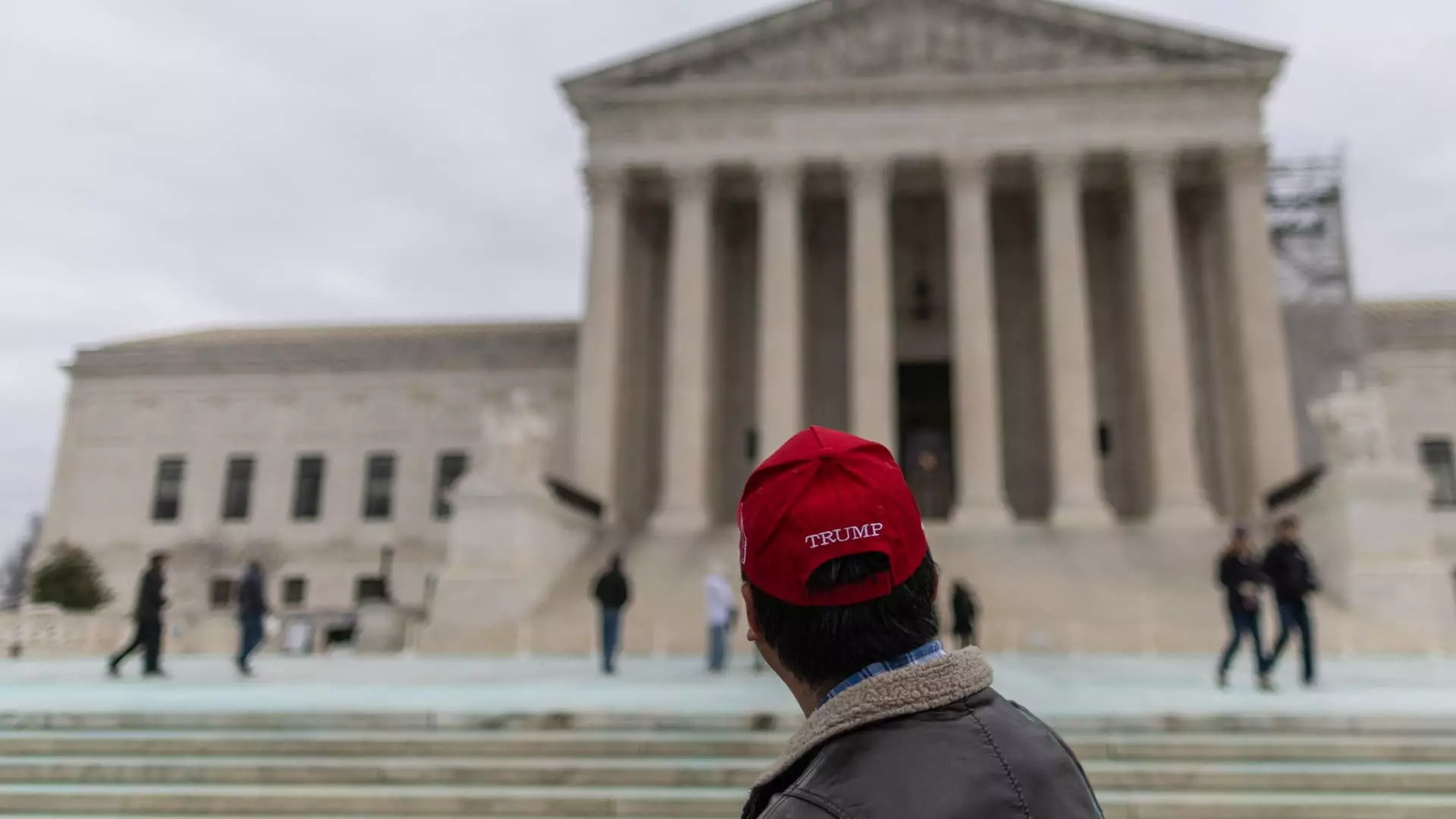In a significant move that underscores the growing tensions between executive power and employee protections, the Trump administration has sought permission from the Supreme Court to dismiss the head of the Office of Special Counsel (OSC), an agency tasked with protecting whistleblowers. This unprecedented legal maneuver not only raises questions about the stability of protective measures for federal employees but also foreshadows a potential series of appeals as the administration attempts to navigate lower court decisions that have impeded its agenda.
Whistleblower protections have been a critical part of federal employment law, designed to safeguard public servants who report misconduct within their agencies. The OSC plays an essential role in this framework, ensuring that employees can raise concerns without fear of retaliation. However, the recent actions by the Trump administration signal a possible shift in how these protections are upheld. This development marks a pivotal moment in the ongoing dialogue about the balance between executive dominance and the protection of civil service rights, a balance that has been tested frequently over the years.
The emergence of this legal challenge began when Hampton Dellinger, the OSC leader appointed by President Biden, was controversially dismissed by the Trump administration. Dellinger argues that his removal contradicts the stipulations of federal law, which mandates that dismissals from this position can occur only for specific performance-related reasons. The absence of any cited justification for Dellinger’s abrupt dismissal raises eyebrows and highlights a potential abuse of power from the executive branch.
The administration’s emergency appeal is notable not merely for its content but also for its timing. Coming shortly after a divided appeals court panel chose to uphold a temporary reinstatement order for Dellinger, this appeal reflects a proactive approach by Trump’s legal team to reshape the narrative surrounding his administration’s actions. The petition for the Supreme Court’s intervention indicates a calculated strategy to assert the administration’s control over entities that are meant to act independently in protecting federal workers.
As the legal battle unfolds, the implications extend beyond Dellinger’s situation. This challenge could erode the foundations of the OSC’s authority, consequently emboldening the administration’s attempts to reshape the federal workforce in line with its political agenda. The potential normalization of dismissals without adequate grounds might deter other federal employees from coming forward with allegations of misconduct or unfair treatment, thus threatening the integrity of whistleblower protections.
Though three of the Supreme Court justices were appointed by Trump, it remains uncertain how the conservative-majority court will respond to this matter concerning executive power. The Court’s past rulings have often leaned towards granting broader powers to the presidency, as evidenced by decisions that have shielded Trump from certain legal consequences. However, the delicate nature of this case—centered on civil service protections—presents a unique challenge that could force the justices to consider the implications of their decision on workforce rights.
The notion that the OSC exists as a institution separate from the Justice Department further complicates the legal landscape. The distinction highlights the necessity of an independent watchdog in safeguarding employee rights, functionally countering the potential excesses of executive power. If the Supreme Court sides with the Trump administration, it could signal a troubling precedent that diminishes the checks and balances that have historically safeguarded federal employees.
Dellinger’s case, while specific, reflects broader concerns regarding the treatment of federal employees during a time of significant political polarization. The Trump administration’s approach to reshaping the federal bureaucracy raises alarms about long-standing civil service protections, especially given the increasing frequency of personnel changes and dismissals without just cause. Protecting whistleblowers is more than merely a legal obligation; it is essential for maintaining public trust in government operations.
As the Supreme Court prepares to take up this case, the stakes are extraordinarily high for federal employees and the institutions designed to protect their rights. With growing public awareness of these issues, the legal landscape surrounding civil service protections is poised for critical examination, potentially redefining what it means to serve in the federal government in an increasingly contentious political environment. The upcoming ruling might not only determine the fate of Dellinger and the OSC but also set a significant precedent for the treatment of whistleblowers and the future of federal employment law in America.

Leave a Reply